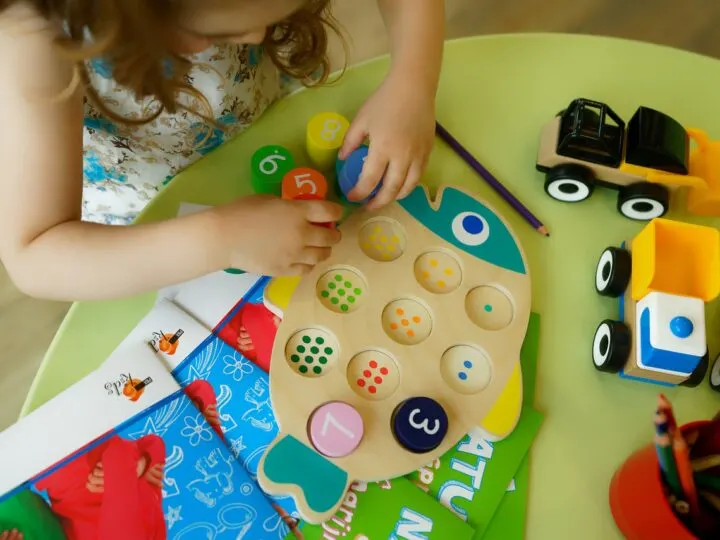Aside from home, school is the next learning environment for a child. To be a teacher is a very demanding job, especially if you will have to deal with children. Having what it takes to deliver a good job is not only self-satisfying, but also puts the minds of parents at rest.
Children often recognize a safe place no matter how transient. When an educator is caring, compassionate, and patient with them, you have not only got new little friends but also become their confidant.

Therefore, to achieve a smooth learning and enjoyable learning experience, an early childhood educator has to have the following 5 skills.
1. Passion
Passion is the number one skill you must have to become an early childhood educator. If you do not love what you do, chances are you would get easily irritated and not give your all. Children can be a handful to cope with and if you do not have much interest in a teaching career, it becomes difficult to do well. If you are considering becoming an early childhood educator, make sure you are in love with your job.
2.Patience and perseverance
Children are mischievous, spontaneous, and very curious. As an early childhood educator, having a lot of patience will assist you in handling each child well as they all behave differently.
You should have the patience to answer their questions even if you can’t seem to make any sense of them. Kids learn by asking questions or acting up.
When situations are tough in the class, you shouldn’t give up so easily on them.
Subsequently, you would need such skills to collaborate with colleagues and parents as well.
3.Effective Communication skills
Effective communication skills are another must for an early childhood educator. Even as an adult, knowing how to convey your thoughts and how they could be perceived is quite tricky let alone a child. Children are very different when it comes to expressing themselves. Some are outspoken, while it might take you a lot of hard work to get some to talk.
If you are an educator in an early learning centre, you should have good communication abilities; to listen, understand, and attend to the needs of every child.
4. Creativity
A good early childhood educator comes up with unimaginable ways to tackle any sort of situation. Children have different learning abilities, and to make the learning process easy for them, a teacher might create a game to incorporate the lesson.
For instance, incorporating interactive online math games can significantly amplify creativity, offering students a dynamic way to grasp complex concepts while making learning engaging and effective.
It would help the children have a better understanding and also encourage them to put forth their thoughts. Having one or two things up your sleeves might be just what you need to get things done.
5. Building a relationship
In general, children tend to get attached to people who show them love, care, empathy, and compassion. If you can share such a relationship with toddlers and preschoolers, you help them achieve milestones in development.
Early Childhood Education is one of the critical stages in the life of children. Therefore, to become an early childhood educator means that you are ready to be with children always. Teaching them, guiding them, and preparing them for the future.
